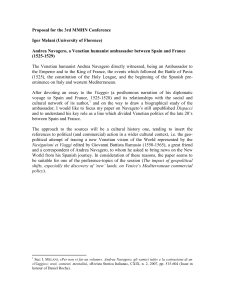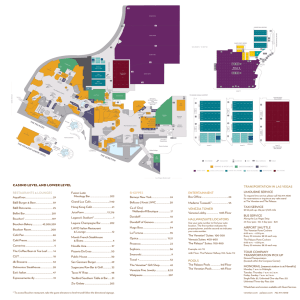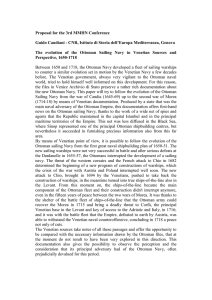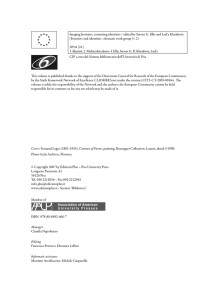STATO DA MAR A , C
advertisement
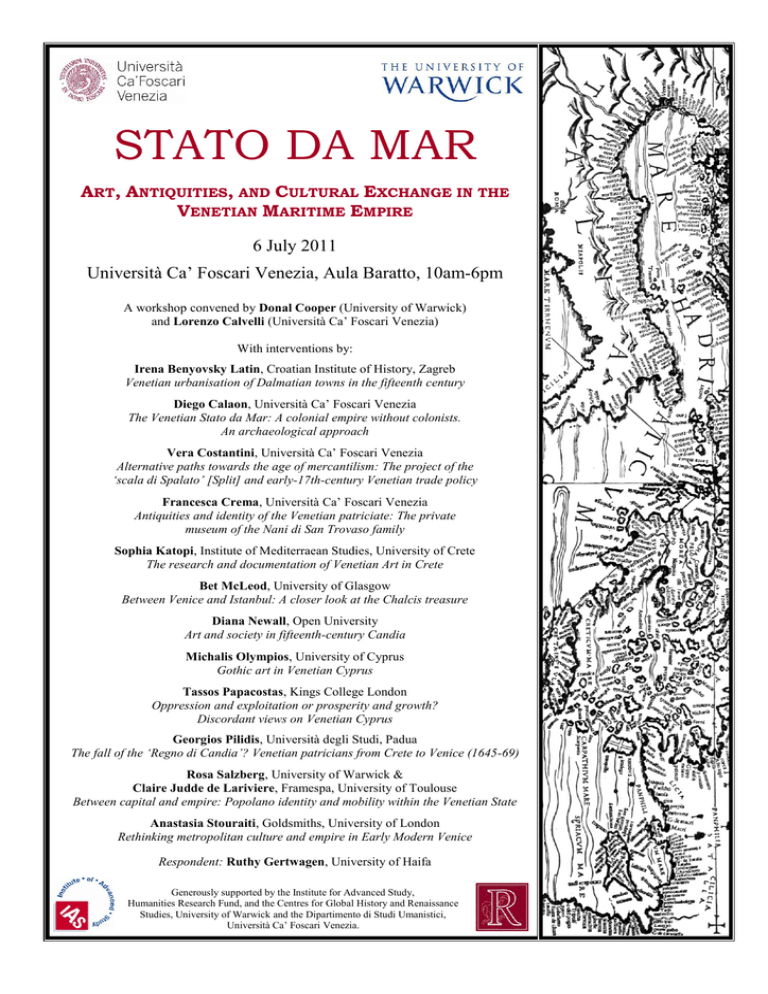
STATO DA MAR ART, ANTIQUITIES, AND CULTURAL EXCHANGE IN THE VENETIAN MARITIME EMPIRE 6 July 2011 Università Ca’ Foscari Venezia, Aula Baratto, 10am-6pm A workshop convened by Donal Cooper (University of Warwick) and Lorenzo Calvelli (Università Ca’ Foscari Venezia) With interventions by: Irena Benyovsky Latin, Croatian Institute of History, Zagreb Venetian urbanisation of Dalmatian towns in the fifteenth century Diego Calaon, Università Ca’ Foscari Venezia The Venetian Stato da Mar: A colonial empire without colonists. An archaeological approach Vera Costantini, Università Ca’ Foscari Venezia Alternative paths towards the age of mercantilism: The project of the ‘scala di Spalato’ [Split] and early-17th-century Venetian trade policy Francesca Crema, Università Ca’ Foscari Venezia Antiquities and identity of the Venetian patriciate: The private museum of the Nani di San Trovaso family Sophia Katopi, Institute of Mediterraean Studies, University of Crete The research and documentation of Venetian Art in Crete Bet McLeod, University of Glasgow Between Venice and Istanbul: A closer look at the Chalcis treasure Diana Newall, Open University Art and society in fifteenth-century Candia Michalis Olympios, University of Cyprus Gothic art in Venetian Cyprus Tassos Papacostas, Kings College London Oppression and exploitation or prosperity and growth? Discordant views on Venetian Cyprus Georgios Pilidis, Università degli Studi, Padua The fall of the ‘Regno di Candia’? Venetian patricians from Crete to Venice (1645-69) Rosa Salzberg, University of Warwick & Claire Judde de Lariviere, Framespa, University of Toulouse Between capital and empire: Popolano identity and mobility within the Venetian State Anastasia Stouraiti, Goldsmiths, University of London Rethinking metropolitan culture and empire in Early Modern Venice Respondent: Ruthy Gertwagen, University of Haifa . Generously supported by the Institute for Advanced Study, Humanities Research Fund, and the Centres for Global History and Renaissance Studies, University of Warwick and the Dipartimento di Studi Umanistici, Università Ca’ Foscari Venezia.
